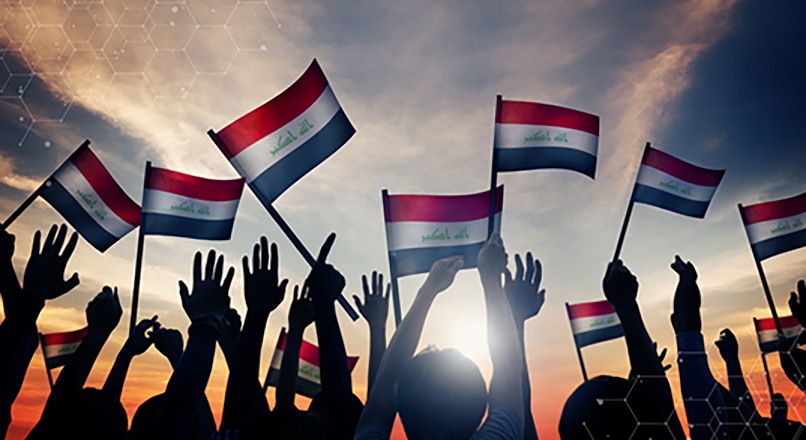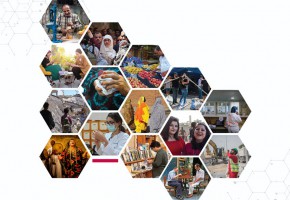
Right to health in Iraq: Fragile structures and growing challenges - Muntather Hassan
This research is a part of the Arab Watch Report 2023 on the right to Health.
Right to health in Iraq: Fragile structures and growing challenges - Muntather Hassan
Please click here to download the full report.
Introduction
Iraq’s long history of wars, violent conflicts, economic crises, and social divisions had a direct and indirect impact on its population’s health, including lost lives, disabilities, and loss of livelihoods. After eight years of war against Iran in the 1980s and the second Gulf War in 1991, Iraq faced harsh international sanctions that destroyed the health and healthcare infrastructure. After the fall of Saddam Hussein’s regime and the US occupation in 2003, neoliberal government policies failed to improve the right to health in the country. The public healthcare infrastructure barely changed due to the ongoing political instability that restricted the system’s ability to provide services to the population. Furthermore, the long history of violent conflict has left most Iraqis with varying mental health problems and unhealed trauma. However, the healthcare system, health policies, and government and private sector approaches rarely address such issues.
In addition, Iraq faces serious environmental challenges, including pollution, climate change effects, extreme heat, and drought. In the spring of 2022, thousands were admitted to hospitals due to unprecedentedly intense sandstorms that temporarily brought the country to a standstill. Moreover, eight small rivers and three lakes completely dried up due to generally low water levels and high temperatures, threatening food security and agricultural livelihoods. Vulnerable groups continue to suffer from multiplying effects due to their inability to access appropriate health services and the components of healthy living.
This report consists of three main sections. It begins with a brief historical overview of the context of the right to health in Iraq from the establishment of the modern state to the present day. It then examines and analyzes right-to-health indicators and discusses the leading challenges to the right to health. Finally, it concludes with recommendations for various actors, including civil society, the government, and the international community.
Muntather Hassan
Please click here to download the full report.
This research is a part of the Arab Watch Report 2023 on the right to Health.
Recent publications

ANND Newsletter January 2026 - From Davos to the UPR: Between Promises, and Accountability
Related publications


